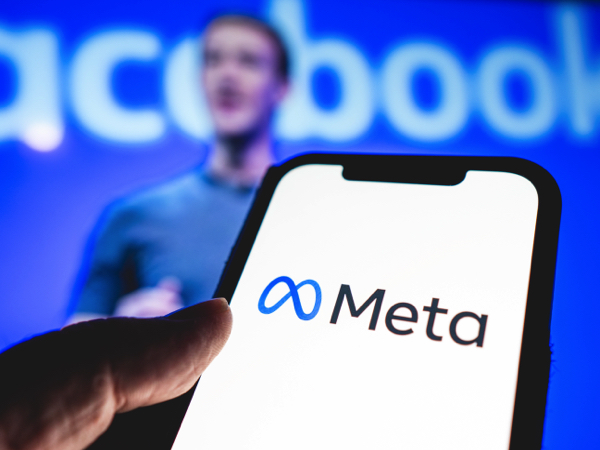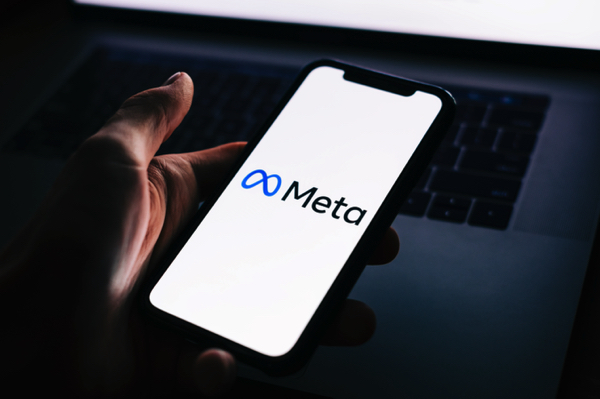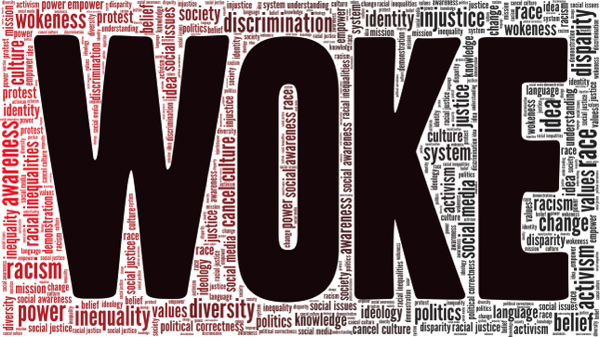 Parler
Parler Gab
Gab
- Meta allegedly trained its AI model, Llama 3, using millions of pirated books from shadow libraries like LibGen and Anna's Archive without compensating authors or publishers.
- Court documents show Meta executives prioritized books over web data, with one email stating, "Books are actually more important than web data."
- Works by prominent Australian writers, including Sophie Cunningham, Hannah Kent and Tim Winton, were found in LibGen's database, allegedly used by Meta for AI development.
- Writers expressed anger over unauthorized use, with Cunningham calling it exploitative and Kent describing it as "plundering" her work. Both are exploring legal measures.
- Critics argue Meta's actions highlight unethical AI training practices, exploiting copyrighted material despite its $164B revenue, raising concerns about fair compensation for creators.
Australian authors outraged as Meta uses their work to train AI without consent
Some of Australia's most celebrated authors are furious after discovering that Meta has used their copyrighted works to develop its AI platform without their consent. Prominent author Sophie Cunningham, whose latest novel, "This Devastating Fever" (2022) was found in LibGen's database, expressed her anger in an interview with ABC Arts. "I'm really angry about it," Cunningham said. "The average writer earns about $18,000 a year on their writing. It's one thing to be underpaid. It's another thing to find that work is being used by a company that you don't trust." Cunningham is now considering legal action and has asked her publishers to issue cease and desist notices to Meta on her behalf. Bestselling author Hannah Kent was equally shocked to find all three of her novels in LibGen. "I felt completely gutted," Kent said. "It feels a little like my body of work has been plundered." "As a writer, what I would like, at the very least, is for someone to seek permission," Kent, whose memoir, "Always Home, Always Homesick," to come out this April, said. "This is what happens when someone wants to reproduce my work in any other way … even if it is for fair use." Moreover, Kent fears the implications this could have for the tech industry. "The fact that we have Meta not only training AI and trying to claim that under fair use but also using a shadow library of pirated material indicates the lack of ethical consideration that is being put into training AI. It opens the door to others also feeling like this is an acceptable way to treat intellectual copyright and creatives who already are expected to [contribute] so much for free or without due recompense." Visit MetaTyranny.com for similar stories. Watch this video of Google and Big Pharma being exposed through a Meta-AI analysis. This video is from the Haixus channel on Brighteon.com.More related stories:
Meta employees, contractors fired for HIJACKING user accounts.
Zuckerberg's Meta: A double game on China and censorship.
Zuckerberg admits Biden admin pressured Meta to CENSOR content.
Sources include: ZeroHedge.com ABC.Net.au Brighteon.comGoogle’s AI search overhaul decimates website traffic
By Willow Tohi // Share
U.S. lawmakers investigate Meta over alleged China collaboration
By Belle Carter // Share
Federal judge blocks Trump administration’s attempt to fire intelligence officers in DEI programs
By Laura Harris // Share
Western governments wage war on human knowledge as China preserves civilization’s legacy
By Finn Heartley // Share
Billions in “zombie programs” drain U.S. budget, federal review finds
By Belle Carter // Share
Governments continue to obscure COVID-19 vaccine data amid rising concerns over excess deaths
By patricklewis // Share
Tech giant Microsoft backs EXTINCTION with its support of carbon capture programs
By ramontomeydw // Share
Germany to resume arms exports to Israel despite repeated ceasefire violations
By isabelle // Share










